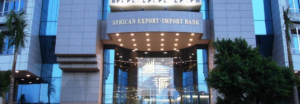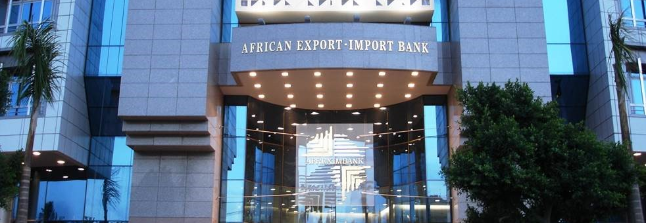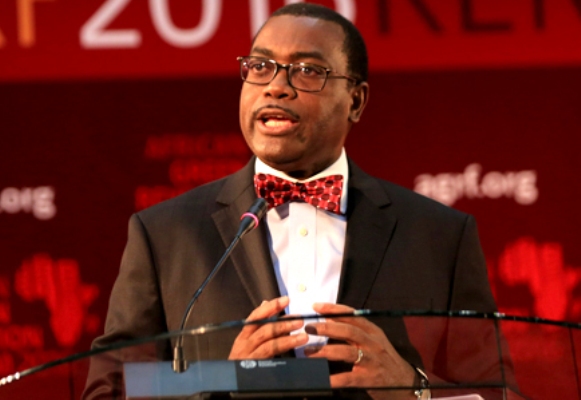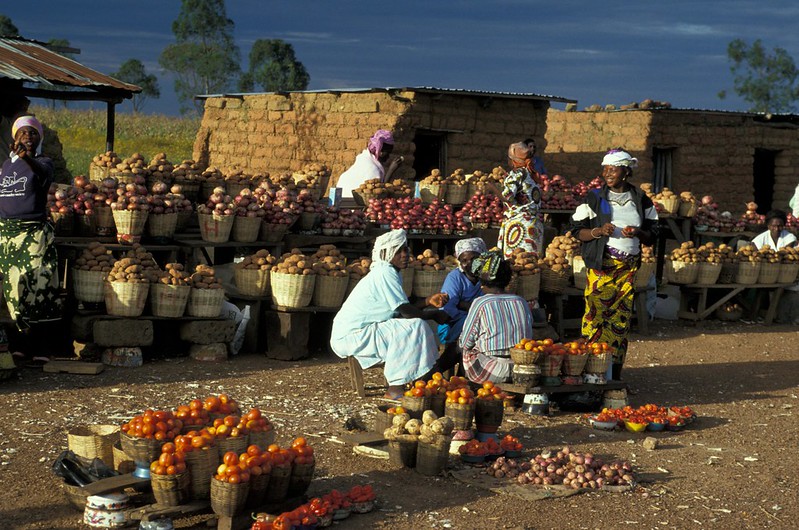
By Tanko Mohammed
The net income of African Export-Import Bank (Afreximbank) in the first half of 2020 grew by 10 per cent from $137.63 million in June 2019 to $150.75 million in June 2020.
Prof. Benedict Oramah, President of Afreximbank, said in Abuja on August 24, 2020 that the performance was in spite of the impact of the COVID-19 pandemic and attributed the increase to “a strong growth’’ in net fee and commission income, which rose by 134 per cent.
According to him, the net interest income for the period grew by 17 per cent to $285.71 million from $243.93 million in 2019.
“Our financial performance in the first half of the year was pleasing and demonstrated that we remained focused on delivering value to shareholders,” he said.
Oramah said that this was even as the bank pursued its development agenda and intensified its support to the continent, in its effort to contain the spread of the new coronavirus disease and its devastating economic consequences.
“The Net Interest Margin improved from 3.3 per cent to 3.7 per cent, driven by lower costs of funds as interest rates declined globally.
“Total revenues were strong, rising by 4.4 per cent compared to the first half of 2019, to amount to US$519.8million,” he said.
The Bank president also said that fees and commission income supported the growth in revenues, reflecting continuing progress towards achieving the Bank’s goal of diversifying its revenue sources.
He said that total assets increased by 34 per cent from 14.44 billion dollars as at Dec. 31, 2019 to 19.35 billion dollars as at June 30, 2020.
Oramah noted that this was largely driven by a 26 per cent increase in loans to 15.20 billion dollars and a 76 per cent increase in cash and cash equivalents to 3.91 billion dollars.
“The high liquidity level was in response to the uncertainties caused by the COVID-19 pandemic.
“Liquidity sources were well diversified by geography and products, with African sources accounting for almost 40 per cent, an indication of progress being made under the Bank’s Africa Resource Mobilisation Initiative.
“Despite the growth in total assets, the Bank’s Capital Adequacy Ratio remained strong at 23 per cent in line with the Bank’s Capital Management Policy targets”.
Oramah explained that the capitalisation level was supported by equity injection, internal capital generation and the nature of collateralisation of some of the loan assets funded during the period.
He said that the observed outcome reflected the wisdom of the COVID-19 response measures the Bank launched in mid-March which prioritised the health of its work force.
According to him, it prioritised support for the Bank’s member countries to manage the impact of the pandemic and the need to deliver an acceptable financial performance with minimal credit losses.
“As with previous economic shocks, the Bank launched a key multibillion US dollar intervention tool known as the Pandemic Trade Impact Mitigation Facility (PATIMFA).
“PATIMFA aimed at supporting sovereigns, financial institutions and corporates to deal with the economic and health impacts of COVID-19,” he said.
Oramah added that funding under the facility had been made available to ensure continued access to international trade finance, procurement of vital COVID-19 containment material, food and agricultural input.
“Funding also promoted manufacturing of medical and healthcare products in Africa.
He said that as at June 30, 2020, the Bank had disbursed more than 3.5 billion dollars under the PATIMFA.
The Afreximbank boss added that it provided a grant of three million dollars towards the COVID-19 Special Fund set up by the African Union as well as to the African Centre for Disease Control and other agencies.
He said that despite the adverse effects of the pandemic, the Bank remained well prepared to continue to support the continent while delivering development impact and value to shareholders.














